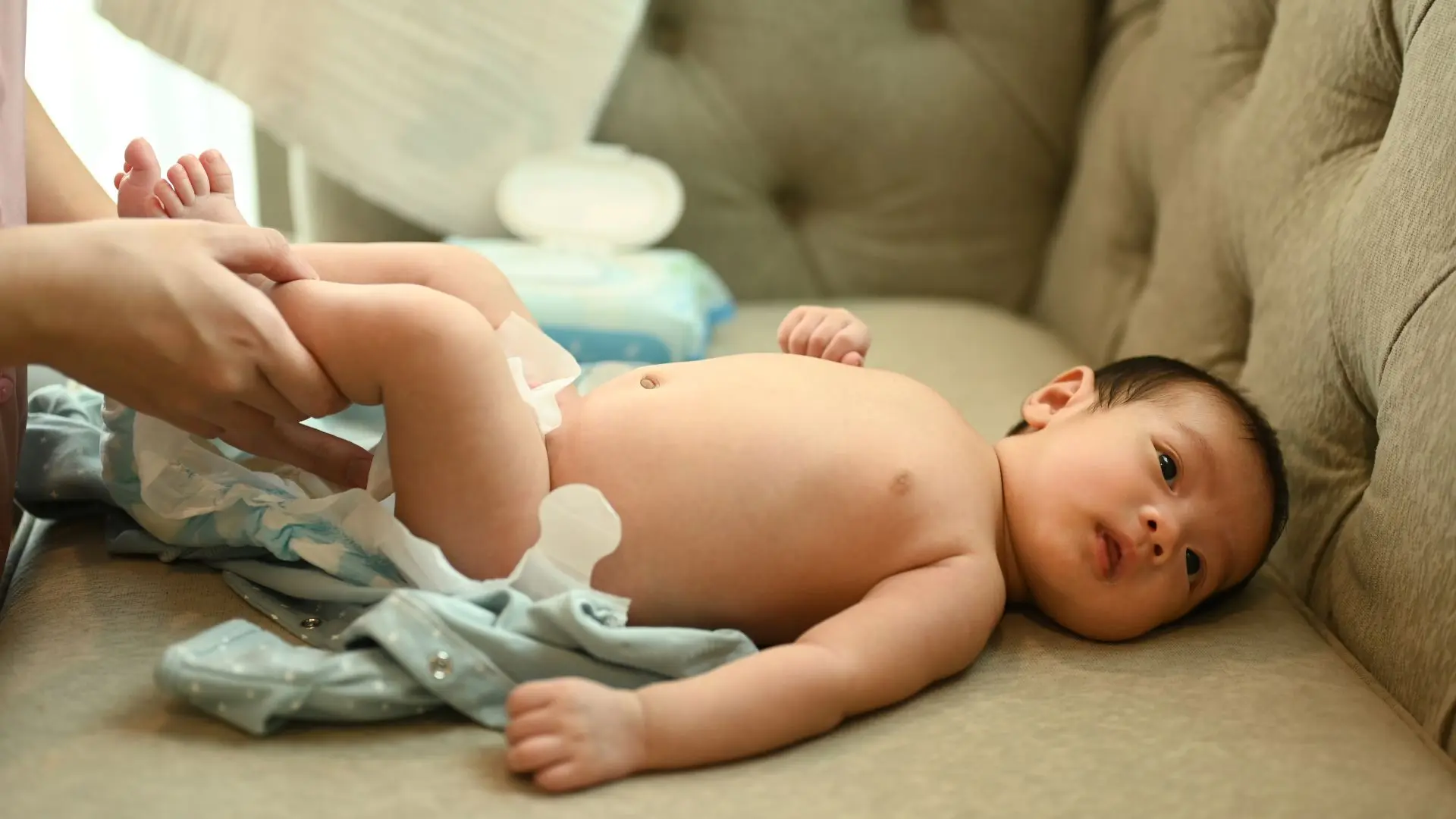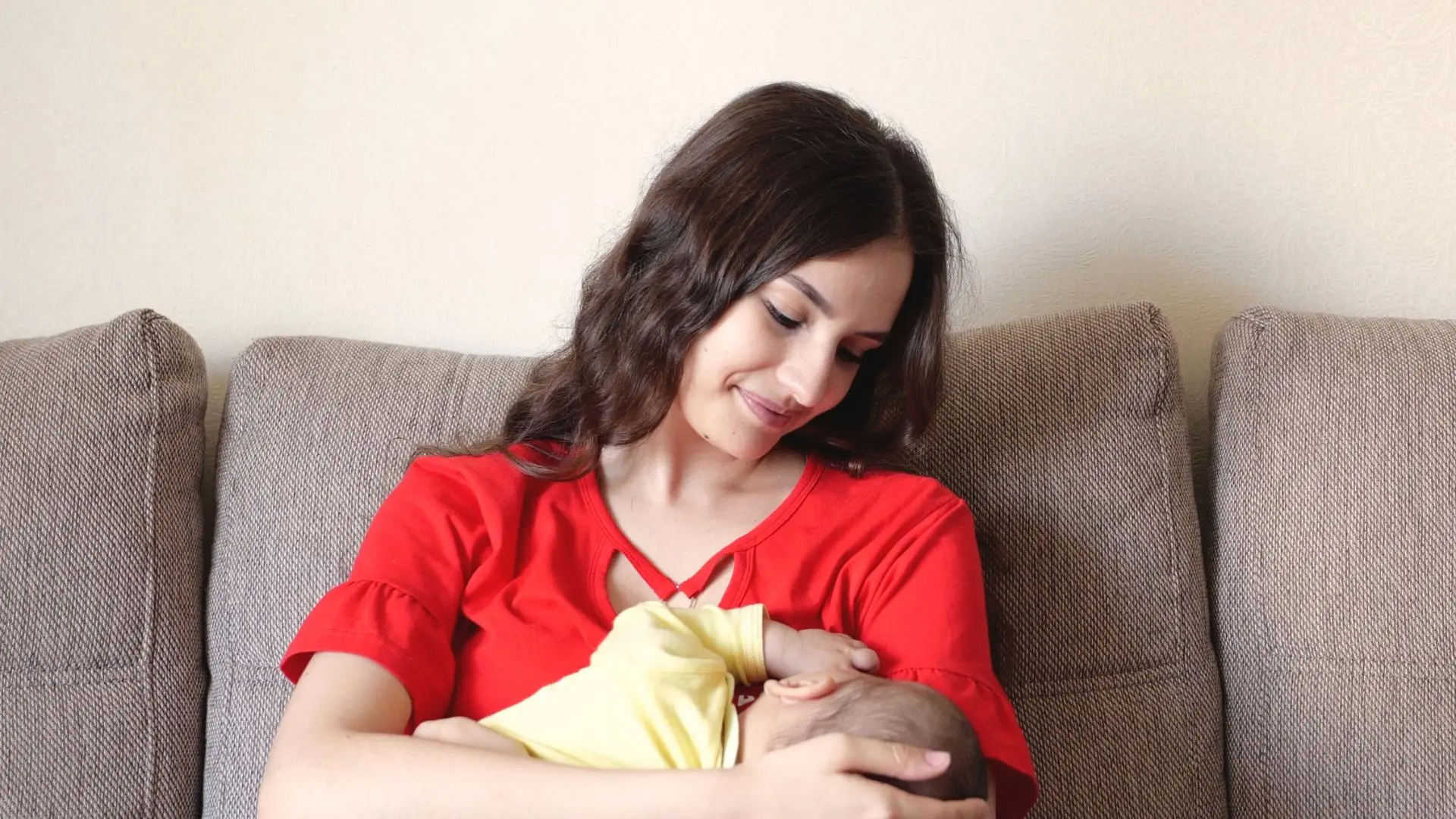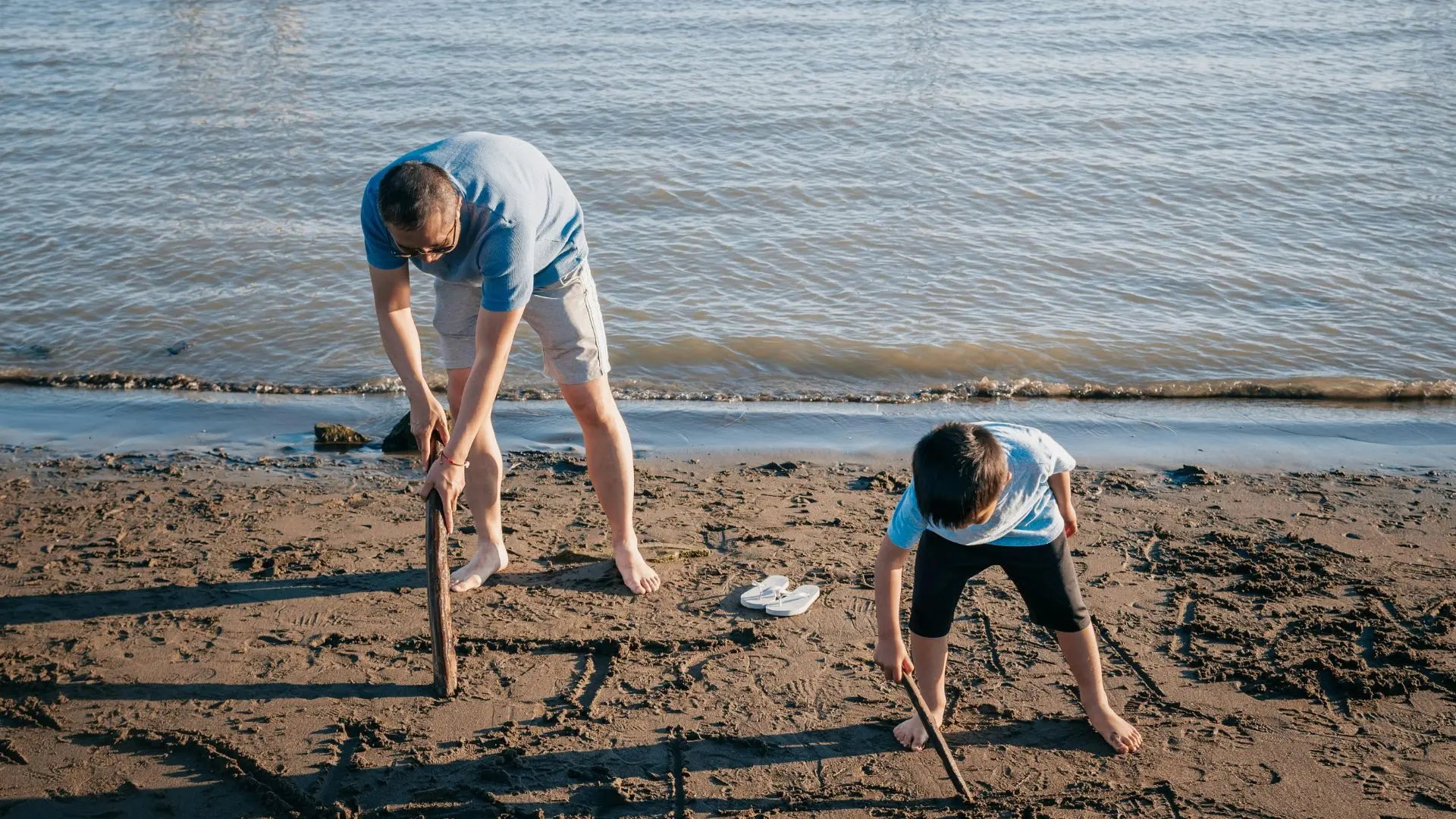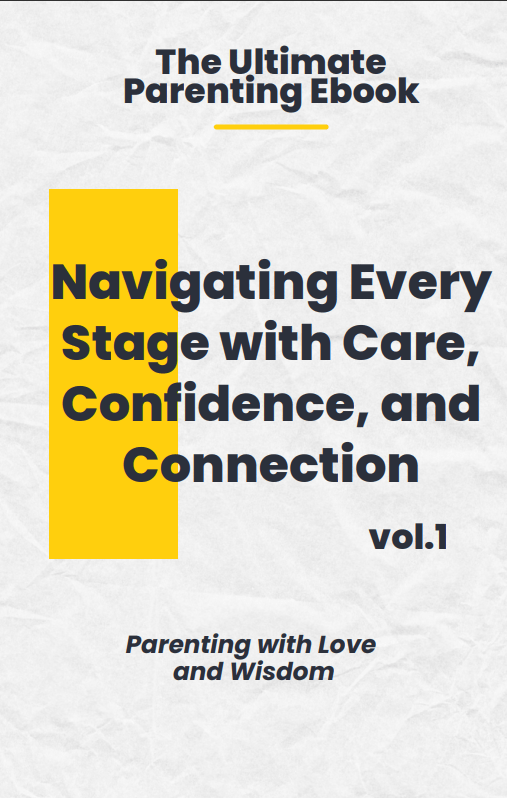Learn how to navigate neonatal care with confidence. Explore essential safety guidelines and expert insights for new parents.
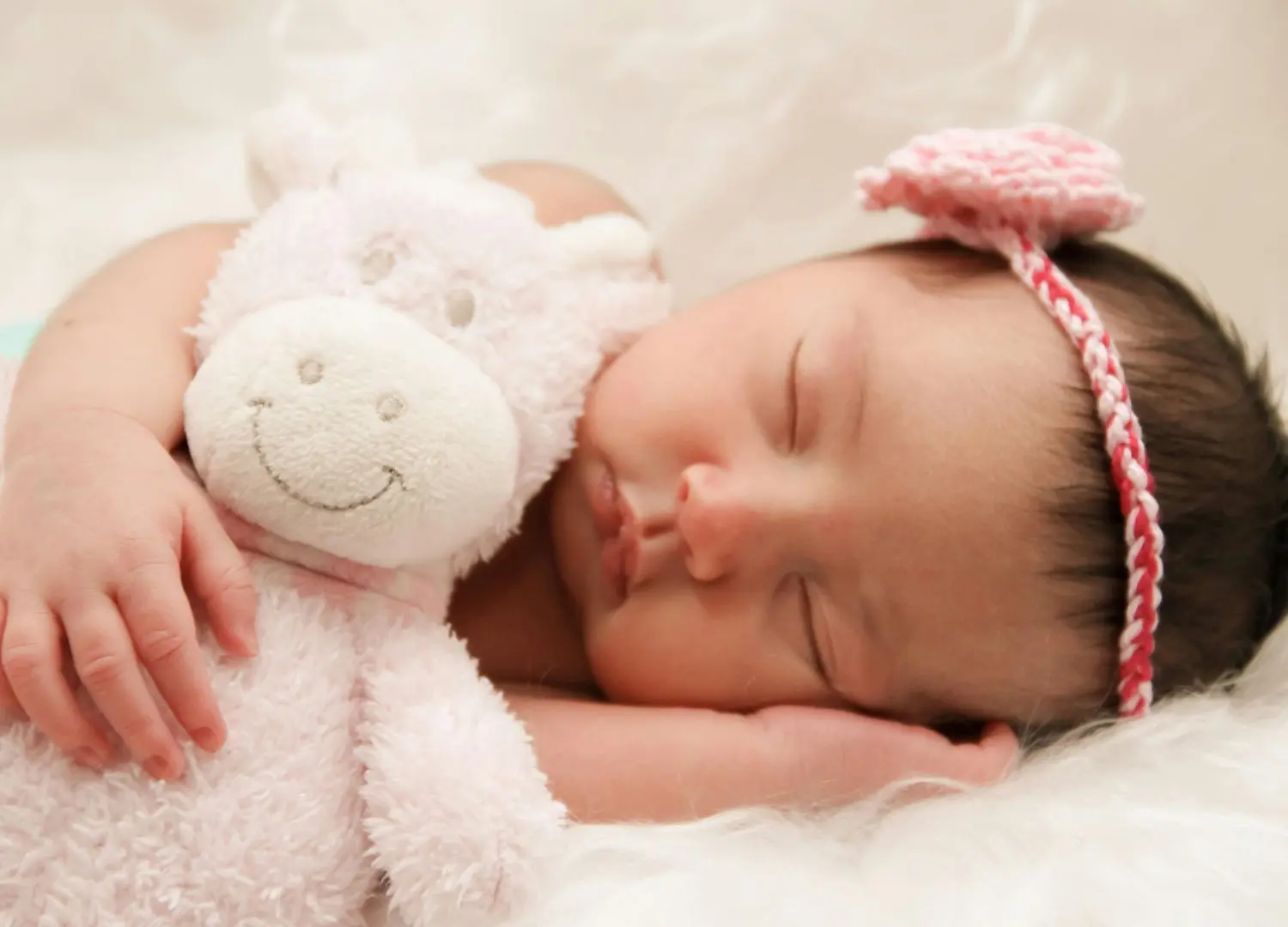
The joy and excitement of welcoming a newborn into your family are unparalleled. However, with this joy comes the immense responsibility of ensuring your baby’s safety and well-being. Neonatal care is vital for protecting your infant’s well-being and ensuring their health is safeguarded from the start.
Did you know that around 3,500 sleep-related deaths occur each year in the U.S. alone? This statistic underscores the importance of following safety guidelines.
In this article, we will explore the ten critical safety rules every first-time parent should know, from creating a safe sleep environment to building a robust support system. Understanding and implementing these neonatal care practices can make a significant difference in your child’s early development and health.
In This Blog
ToggleRule #1. Create a Safe Sleep Environment
Ensuring a safe sleep environment is a cornerstone of neonatal care. A firm mattress is essential, as it provides the necessary support and reduces the risk of suffocation. Position your baby on their back, a practice recommended by the American Academy of Pediatrics, to minimize the risk of Sudden Infant Death Syndrome (SIDS).
It’s essential to steer clear of loose bedding and toys in the crib to ensure safety. These items can pose serious suffocation hazards. Instead, opt for a fitted sheet and a sleep sack to keep your baby warm without the risk. Remember, a minimalist approach is best for neonatal care.
Rule #2. Follow Proper Feeding Techniques
To prevent issues like breathing difficulties or suffocation during feeding, it’s crucial to ensure proper positioning and supervision.
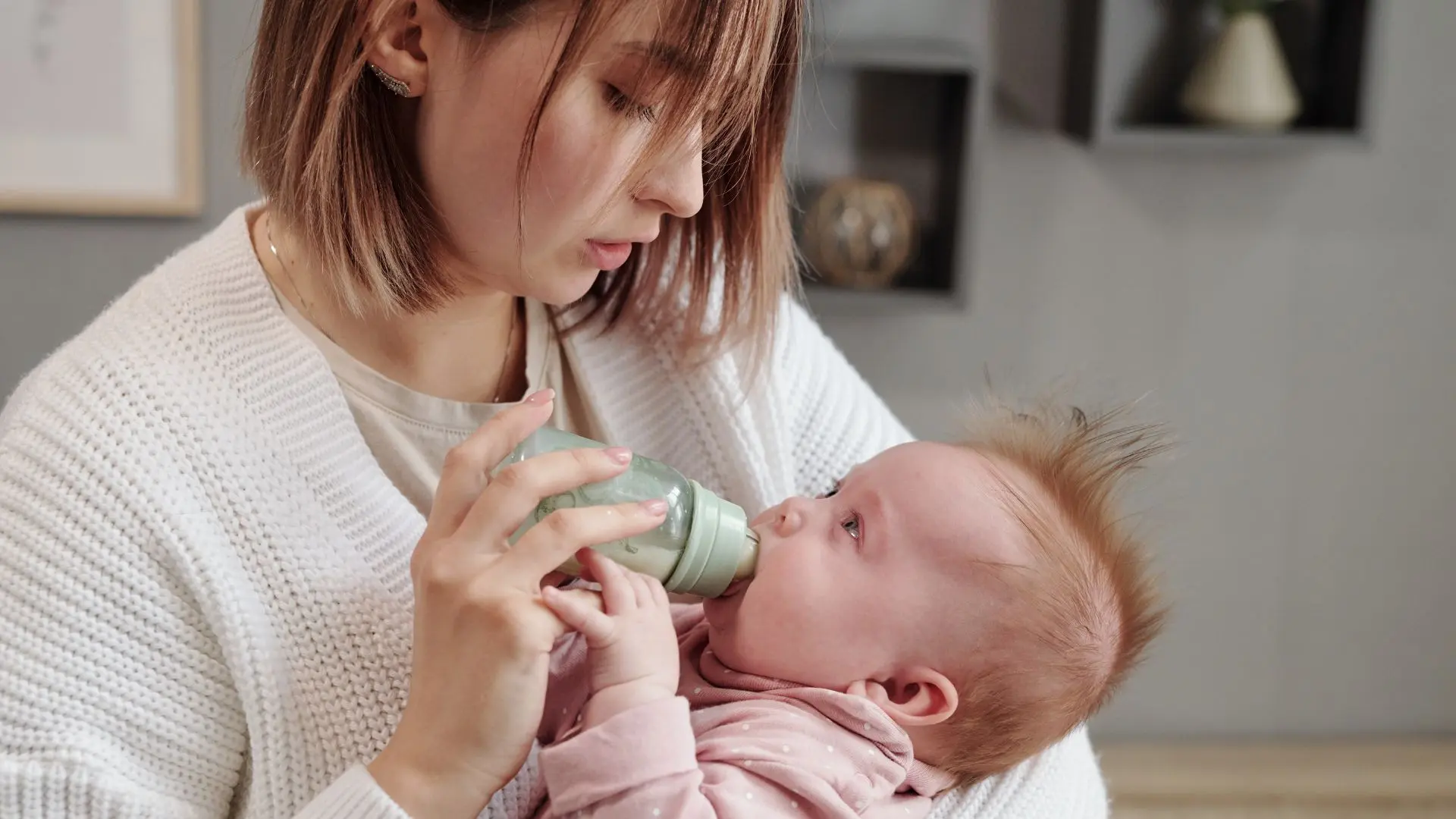
For both breastfeeding and bottle-feeding, maintain a semi-upright position for your baby to reduce the risk of choking. Keep a close eye on your baby while feeding to monitor their breathing and swallowing patterns. Avoid propping the bottle, as it can lead to aspiration or choking. Burp your baby regularly to release any trapped air and minimize discomfort.
Lastly, never leave your baby unattended during feeding to mitigate the risk of accidents. These techniques promote safe and stress-free feeding experiences for both you and your baby.
Rule #3. Maintain Hygiene for neonatal care
Maintaining proper hygiene is essential for neonatal care to ensure your baby’s health and well-being. Regular hand washing before handling your baby is crucial to prevent the spread of germs and infections. Use warm water and soap, and scrub for at least 20 seconds, especially before feeding or changing diapers.
Proper bathing techniques and frequency are also important considerations. Aim for bathing your baby 2-3 times per week, using a gentle baby wash and warm water. Pay special attention to cleaning between skin folds and around the diaper area to prevent diaper rash and irritation.
Keeping the baby’s surroundings clean is equally vital. Regularly disinfect commonly touched surfaces like changing tables, crib rails, and toys. Use baby-safe cleaning products to avoid exposure to harmful chemicals.
Rule #4. Ensure Safe Handling and Carrying
Proper handling and carrying techniques are crucial aspects of neonatal care to ensure your baby’s safety and comfort. Knowing the correct ways to hold a newborn is essential to prevent accidental injuries. Support your baby’s head and neck with one hand while cradling their bottom with the other to provide adequate support and stability.

Using car seats and carriers safely is equally important, especially when traveling with your baby. Always ensure that the car seat is installed correctly and securely according to the manufacturer’s guidelines. Additionally, make sure your baby is buckled in properly and that the harness straps are snug but not too tight.
Ensuring neck and head support is vital, especially in the early weeks when your baby’s neck muscles are still developing. Use supportive carriers or wraps that provide adequate neck and head support, and always check that your baby’s head is positioned upright to maintain clear airways.
Rule #5. Monitor Health and Development
Monitoring your baby’s health and development is a vital aspect of neonatal care that ensures they thrive and reach their full potential. Regular pediatric check-ups are essential for tracking your baby’s growth and development milestones, as well as addressing any concerns or issues early on.
Recognizing signs of illness is crucial for prompt intervention and treatment. Pay attention to symptoms such as fever, difficulty breathing, or changes in feeding patterns, and consult with your pediatrician if you notice anything unusual.
The significance of vaccinations in neonatal care cannot be emphasized enough. Vaccines protect your baby from serious and potentially life-threatening diseases, providing immunity and safeguarding their health. Following the recommended vaccination schedule is key to ensuring your baby is fully protected.
Rule #6. Create a Smoke-Free Environment
Ensuring a smoke-free environment is paramount for the health and well-being of your newborn. Secondhand smoke poses significant dangers to infants, increasing the risk of respiratory infections, asthma, and sudden infant death syndrome (SIDS). By maintaining a smoke-free home, you can protect your baby from these harmful effects and promote their overall health.
Dangers of Secondhand Smoke
- Secondhand smoke contains more than 7,000 chemicals, with many being harmful and cancer-causing.
- Exposure to secondhand smoke increases the risk of respiratory illnesses and developmental issues in infants.
Strategies for Maintaining a Smoke-Free Home
- Establish smoke-free zones both indoors and outdoors.
- Encourage family members and visitors to refrain from smoking near your baby.
- Invest in air purifiers to improve indoor air quality and reduce exposure to smoke particles.
Resources for Quitting Smoking
- Seek support from healthcare professionals, such as doctors or counselors, who can provide guidance and assistance in quitting smoking.
- Explore smoking cessation programs and resources available in your community, including nicotine replacement therapies and support groups.
By creating a smoke-free environment for your baby and taking proactive steps to quit smoking, you can safeguard their health and well-being for years to come. Your commitment to neonatal care sets the foundation for a healthier future for your family.
Rule #7. Prevent Sudden Infant Death Syndrome (SIDS)
Preventing Sudden Infant Death Syndrome (SIDS) is a top priority in neonatal care to ensure the safety of your baby during sleep. Understanding what SIDS is and its risk factors is the first step in prevention. Sudden Infant Death Syndrome (SIDS) happens when a healthy baby dies suddenly during sleep, and the cause is unknown.
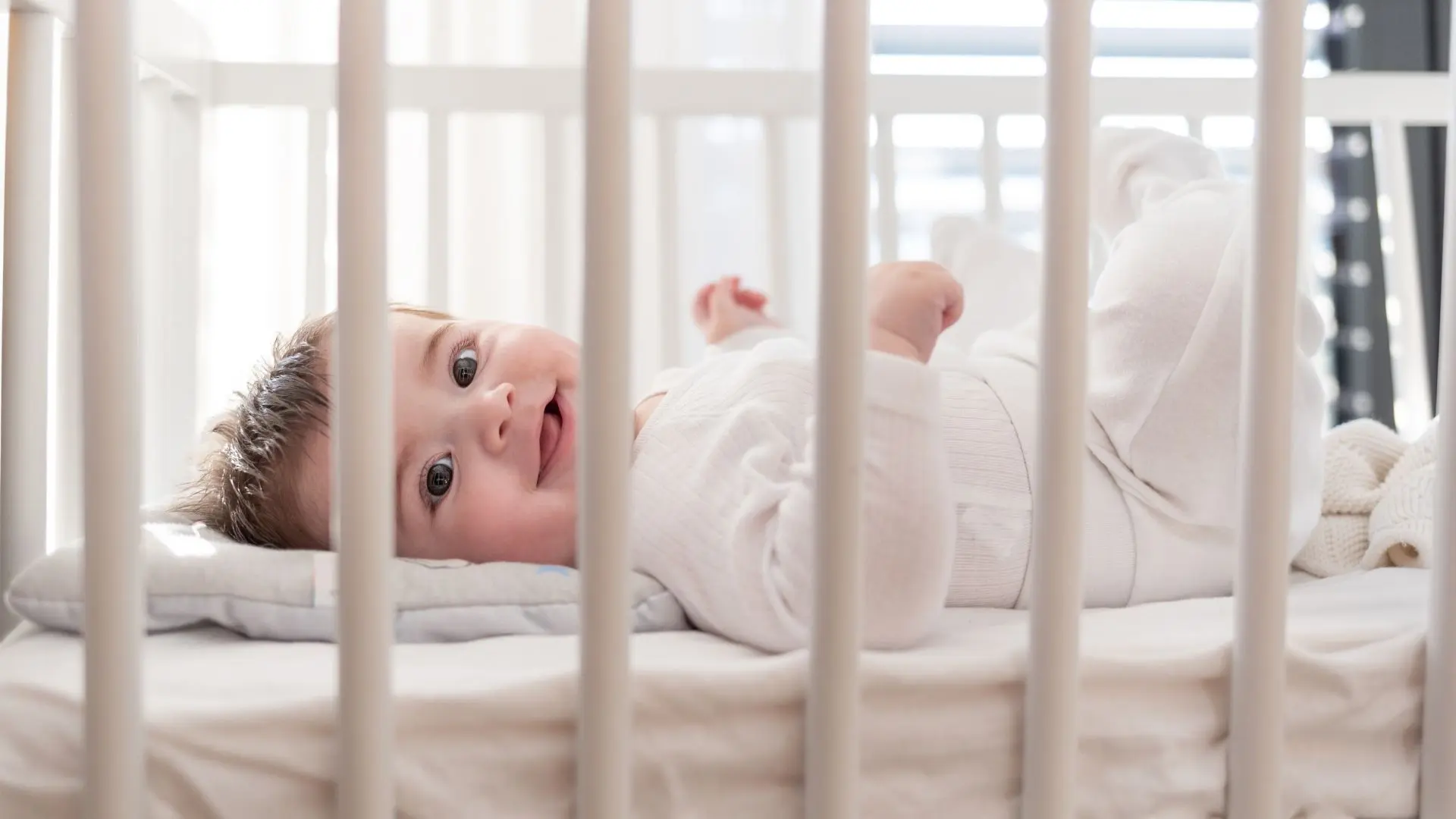
Understanding SIDS
- SIDS often occurs during the first six months of life, with peak risk between 1 and 4 months.
- Factors that increase the risk include sleeping on the stomach, being around secondhand smoke, and getting too hot.
Safe Sleep Practices
- Place your baby on their back to sleep, on a firm mattress, in a crib or bassinet.
- Avoid soft bedding, pillows, or stuffed animals in the crib, as they can pose suffocation hazards.
Importance of Room-sharing Without Bed-sharing
- Room-sharing with your baby, but not bed-sharing, is recommended by the American Academy of Pediatrics.
- Bed-sharing increases the risk of suffocation, strangulation, and SIDS, especially if the adult is a smoker or has consumed alcohol or drugs.
Your commitment to neonatal care ensures your baby’s health and well-being from the very beginning.
Rule #8. Maintain the Right Temperature
Maintaining the right temperature for your newborn is crucial for their comfort and well-being. As a parent, understanding how to regulate temperature is essential in neonatal care to ensure your baby is neither too hot nor too cold.
Ideal Room Temperature for a Newborn
- Aim for a room temperature between 68°F and 72°F (20°C to 22°C) to keep your baby comfortable during sleep.
- Utilize a room thermometer to keep track of the temperature and make changes as necessary.
Dressing Your Baby Appropriately
- Dress your baby in lightweight, breathable clothing suitable for the current weather conditions.
- Use layers that can be easily added or removed to maintain a comfortable temperature.
Identifying indicators of overheating or feeling too cold
. Check for signs of overheating, such as flushed skin, sweating, or rapid breathing.
- Look for signs of being too cold, such as cold hands and feet or shivering.
Rule #9. Go for Emergency Preparedness
Being prepared for emergencies is essential for every parent, especially in neonatal care situations where quick action can make all the difference for your baby’s safety and well-being.
Basic First Aid for Newborns
- Learn essential first aid techniques specific to newborns, such as infant CPR and how to clear a blocked airway.
- Take a certified CPR course to gain confidence and skills in responding to emergencies.
Recognizing and Responding to Emergencies
- Familiarize yourself with common signs of emergencies in newborns, such as difficulty breathing, choking, or loss of consciousness.
- Stay calm and act quickly by following the appropriate steps outlined in your first aid training.
Having Emergency Contacts and Information Readily Available
- Keep a list of emergency contacts, including your pediatrician’s number, nearby hospitals, and poison control centers.
- Store this information in easily accessible locations, such as on your phone or on a refrigerator magnet.
By taking proactive steps to prepare for emergencies, you can provide a safe and secure environment for your newborn. Neonatal care involves not only routine care but also being ready to handle unexpected situations with confidence and competence.
Rule #10. Build a Support System
Creating a strong support system is crucial for navigating the journey of neonatal care as a parent. Having the right support in place can make all the difference in your ability to provide the best possible care for your newborn while also taking care of yourself.
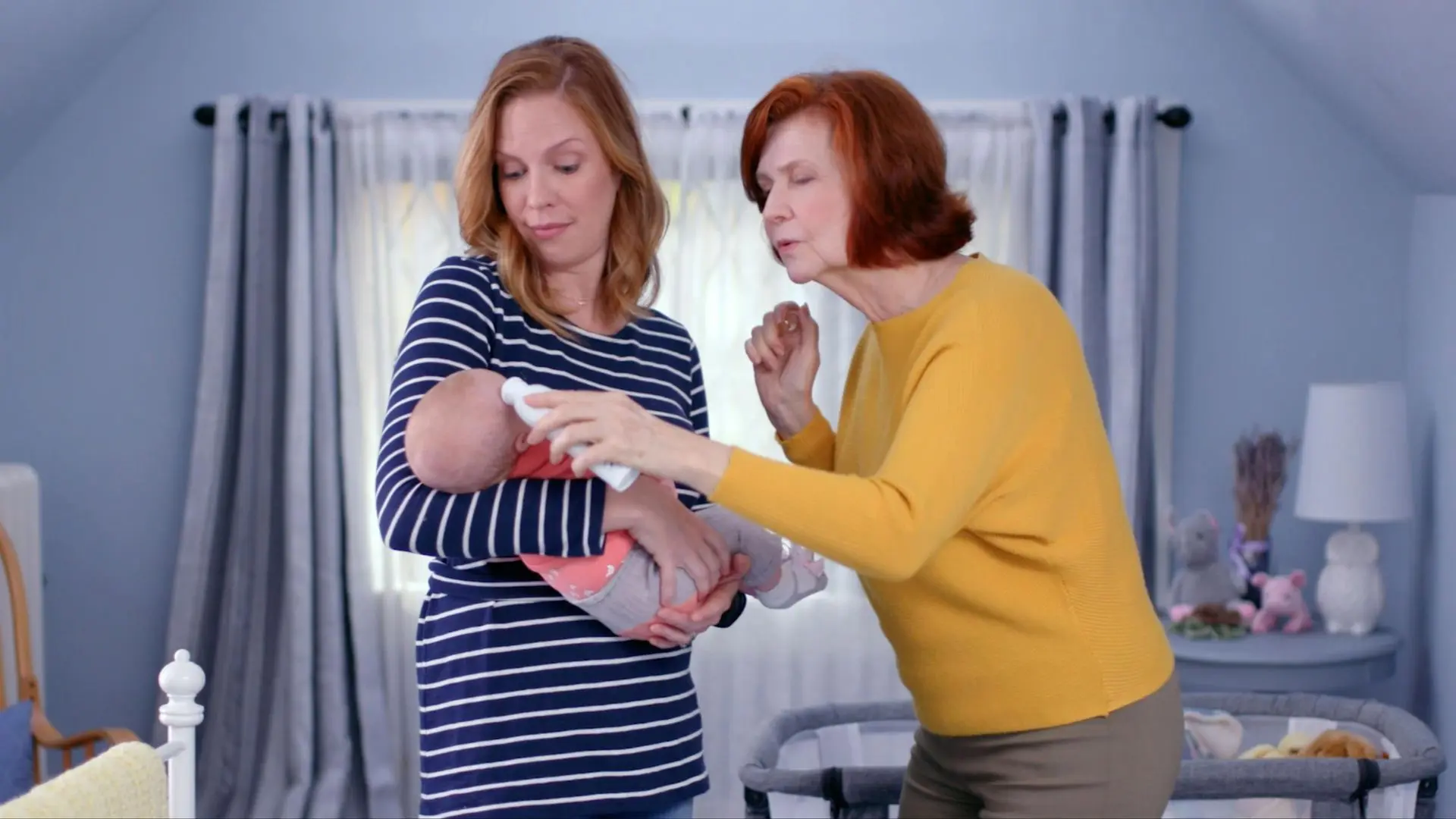
Importance of Family and Community Support
- Lean on family members, friends, and neighbors for emotional support, practical assistance, and guidance.
- Connect with other parents in your community through parent groups, online forums, or local support networks.
Resources for New Parents
- Take advantage of resources available for new parents, such as parenting classes, lactation consultants, and newborn care workshops.
- Utilize online resources and reputable parenting websites for information and advice on neonatal care.
Mental Health and Self-Care for Parents
- Prioritize your mental health and well-being by seeking support from mental health professionals or counselors if needed.
- Practice self-care activities that help you recharge and maintain balance, such as exercise, meditation, or hobbies.
Conclusion
As we conclude our discussion on neonatal care, it’s essential to reflect on the significance of each safety rule we’ve covered. From creating a safe sleep environment to maintaining proper hygiene and temperature control, every measure plays a crucial role in safeguarding your baby’s health and well-being. Remember, your journey as a first-time parent may have its challenges, but you’re not alone. With the right support system and access to resources, you can navigate this exciting yet sometimes daunting journey with confidence and resilience.
What safety measures have you found most helpful in your neonatal care journey? Share your experiences and insights in the comments below. Your input could be invaluable to fellow parents seeking guidance and support.
You may also be interested in : The Ultimate Guide to Care After Circumcision of Newborn
FAQs
1. How often should I bathe my newborn?
Bathe your baby 2-3 times per week using a mild baby wash to prevent dry skin.
2. What should my baby wear to sleep?
Dress your baby in breathable, lightweight clothing suitable for room temperature to avoid overheating.
3. When should I start feeding my baby solid foods?
Introduce solid foods around 6 months of age, starting with single-ingredient purees and gradually progressing to more complex foods.
4. How can I prevent SIDS?
Reduce the risk of SIDS by placing your baby on their back to sleep, avoiding loose bedding and toys in the crib, and maintaining a smoke-free environment.
5. What vaccinations does my newborn need?
Follow the recommended vaccination schedule to protect your baby from serious diseases like measles, mumps, and whooping cough.
6. How do I know if my baby is getting enough milk?
Look for signs like steady weight gain, contentment after feeding, and 6-8 wet diapers a day to ensure your baby is getting enough milk.
7. What is jaundice in newborns?
Jaundice is a common condition in newborns characterized by yellowing of the skin and eyes due to elevated bilirubin levels. It often resolves on its own but may require treatment in severe cases.
8. How do I soothe my baby’s colic?
Try gentle rocking, swaddling, and offering a pacifier to help soothe a colicky baby. Consult your pediatrician for additional guidance and support.
9. What temperature should I keep the nursery?
Aim for a room temperature between 68°F and 72°F (20°C to 22°C) to ensure your baby’s comfort during sleep.
10. How can I bond with my newborn?
Bond with your baby through skin-to-skin contact, talking, singing, and engaging in activities like baby massage and tummy time.

